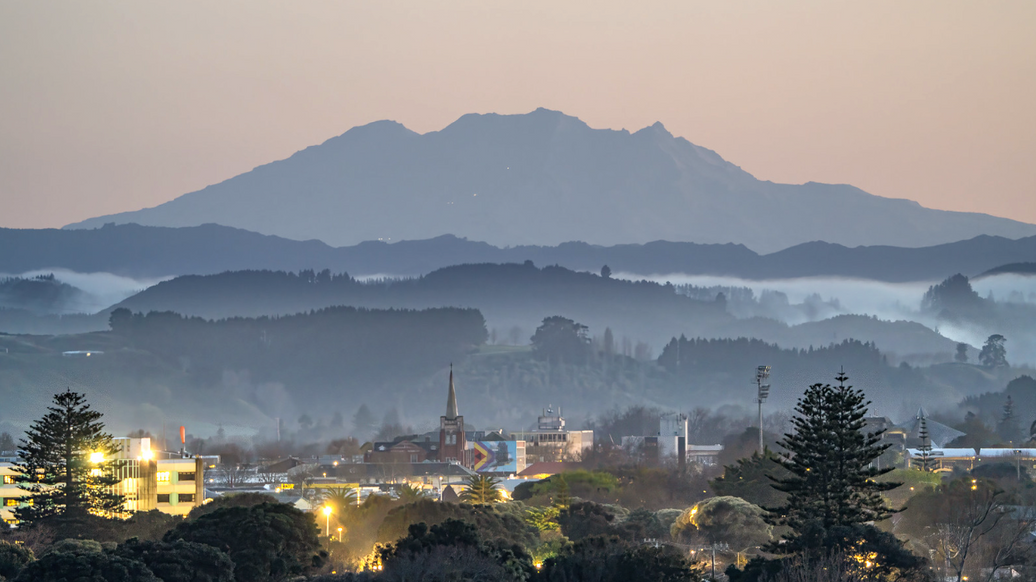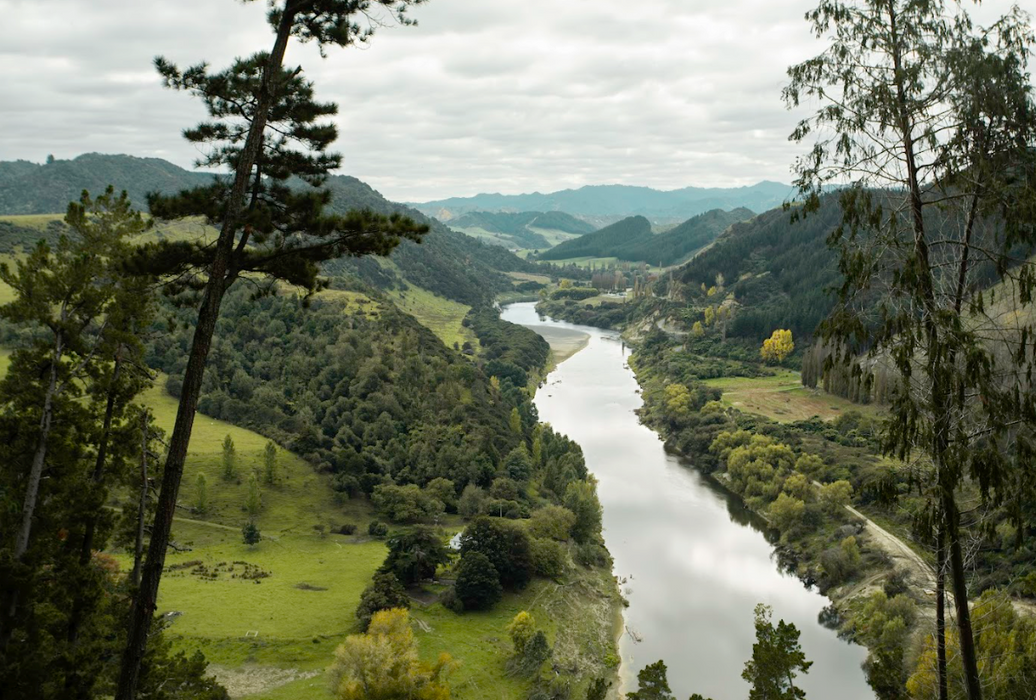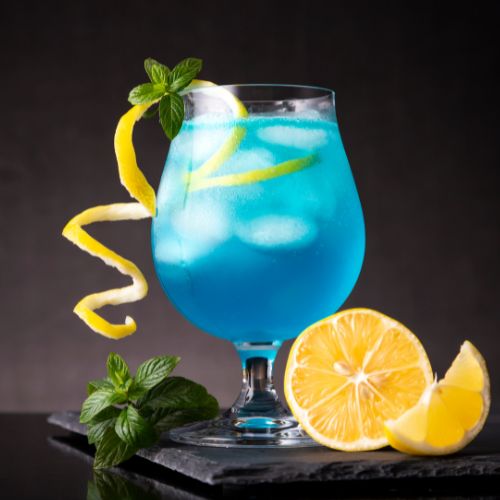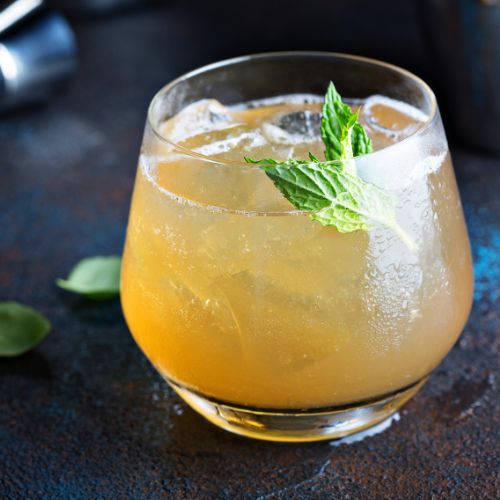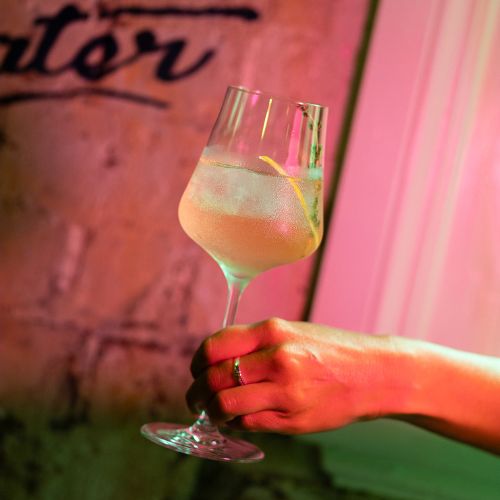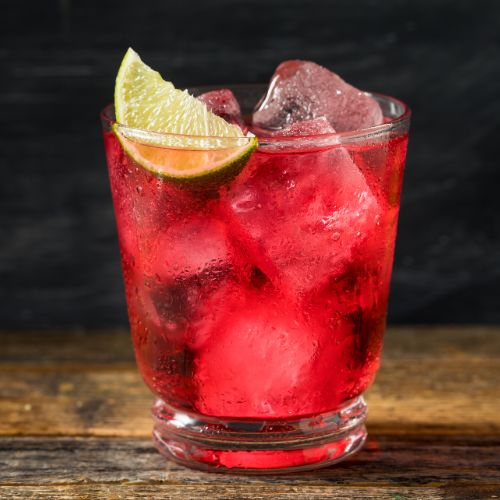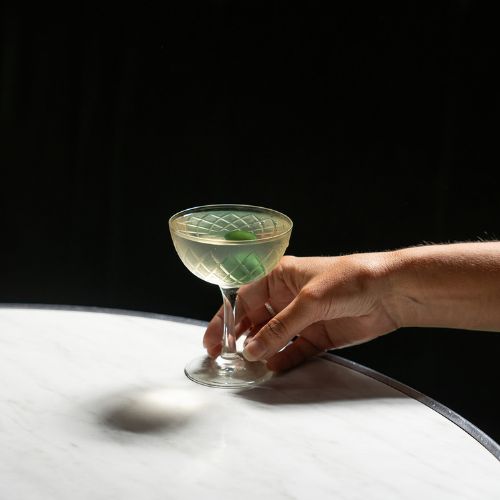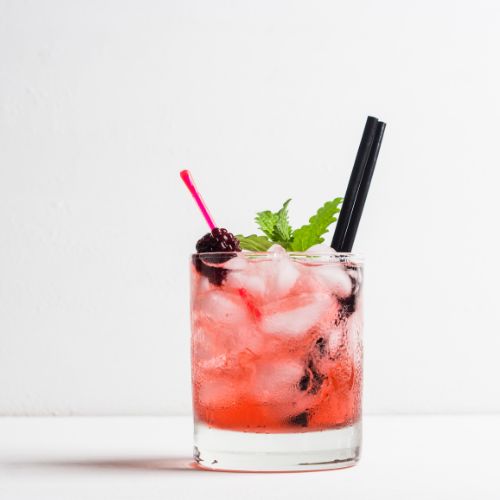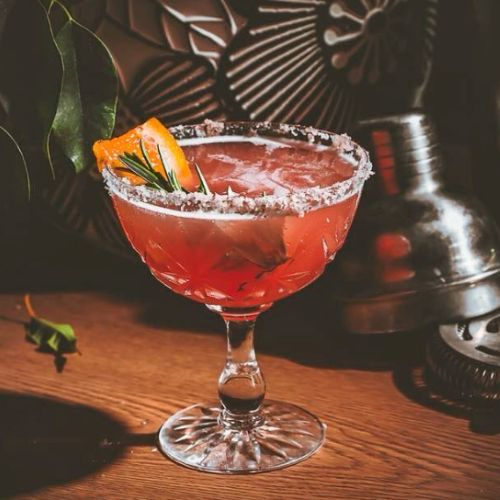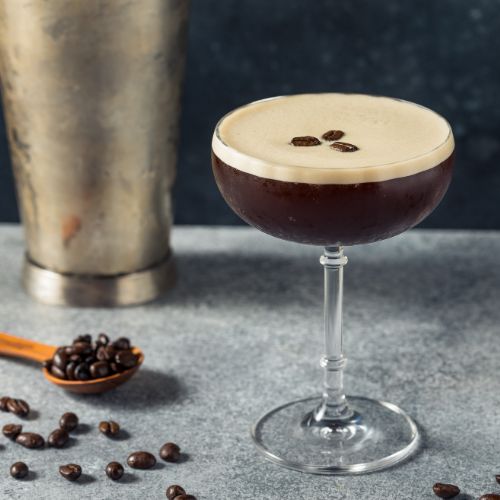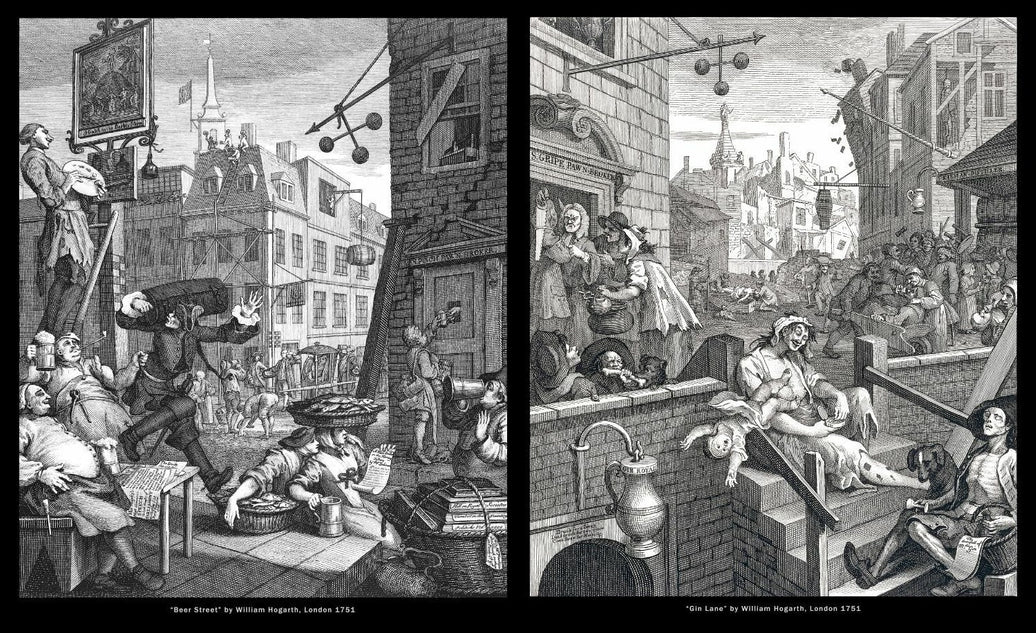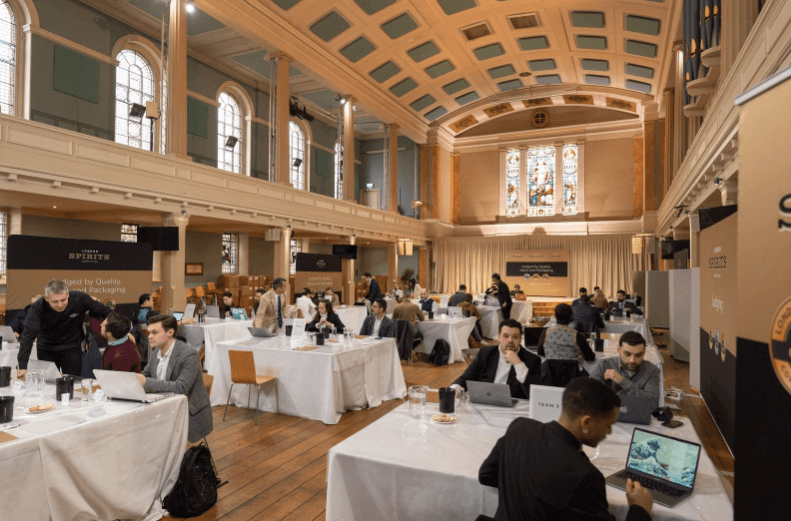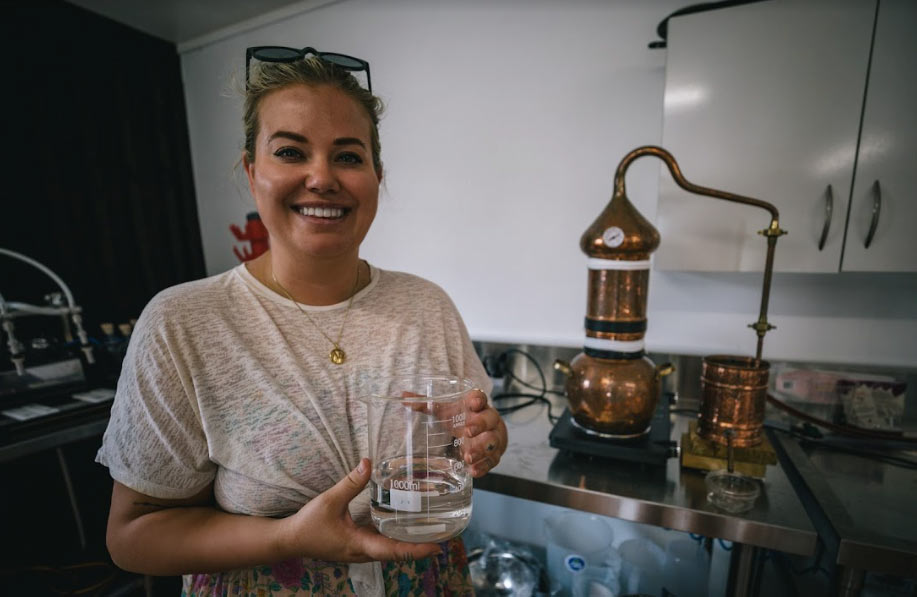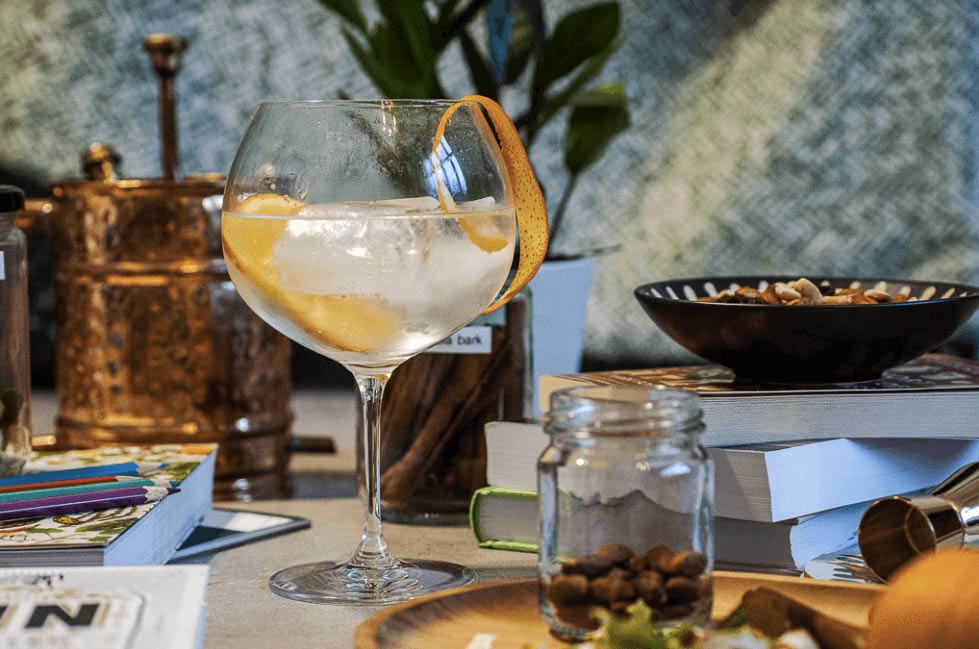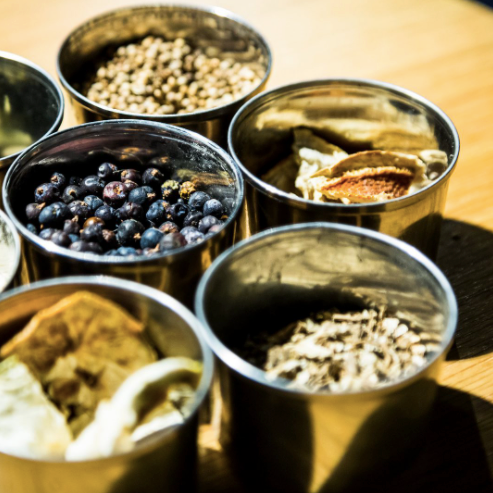There are now over 140 distilleries across New Zealand from Kerikeri to Invercargill – a marked increase since 2018, when New Zealand had just 27 distilleries. Our industry directly supports over 910 jobs and supports a further 1500 jobs throughout the supply chain, from primary producers to the hospitality and tourism sectors. Significantly, more than half of these businesses are in rural and regional areas, bringing important economic benefits to these communities.
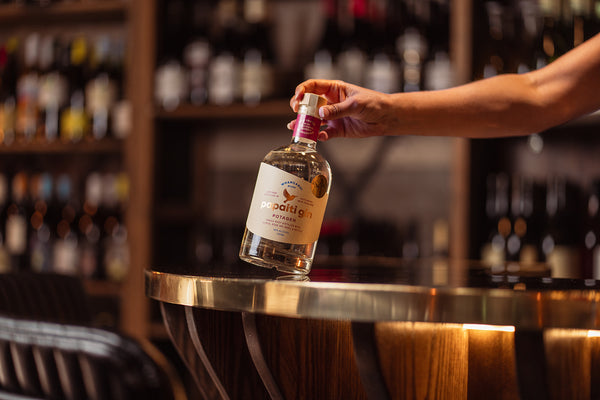
Distilled Spirits Aotearoa (NZ) Inc is asking the New Zealand Government to support this industry by investigating the feasibility of an excise support package. This package (rebate scheme) will enable spirits manufacturers to reinvest into their businesses and will provide substantial growth opportunities. Similar schemes have been effective in Australia, USA and Europe and have seen an increase in spirit export and tourism.
In Australia, an excise support package comprised of a rebate of up to $350,000 has been proven to be beneficial to both small and large distillers, providing much needed capital while also providing an economic benefit to the government.
In New Zealand excise represents over 50% of overheads for distillers.
We are asking the New Zealand Government to consider introducing an ‘Excise Support Package’ that comprises of up to $350,000 NZD excise rebate per distillery per year.
Simply put, an Excise Support Package will leave spirits manufacturers with a greater margin. This will enable businesses to expand operations, employ more people, support more local businesses throughout the supply chain, and to market abroad and consider their export potential.
An initial survey suggests that if the requested support package was implemented in 2023, it would immediately lead to more than 120 new jobs paying above the median wage in the spirits sector.
WHO WOULD BE ELIGIBLE DISTILLERS WOULD NEED TO:
- hold a current license for manufacturing distilled beverages
- have fermented or distilled at least 70% of the alcohol content by volume of the alcoholic beverage
- be legally and economically independent of any other entity that would be eligible to receive a rebate
- if not legally and economically independent of any other entity, only one manufacturer is entitled to the rebate.
GROWTH POTENTIAL
The spirit’s industry is at a similar point to where New Zealand’s wine industry was in the 1980s. That industry showed promise then and is now an important contributor to New Zealand’s agricultural, tourism, and exports industries.
The value of New Zealand wine exports reached $2 Billion in 2020. The New Zealand spirits’ sector currently has an export value of $45.8 million and it is expected that if a ‘“Support Package’” was introduced it would accelerate current exports, with New Zealand made spirits having the potential to match if not exceed the value of New Zealand’s Wine Exports.
Currently, the spirits industry has been proceeding with limited government support. Distilled Spirits Aotearoa has recognised that with an excise support package in place, it would accelerate the distilled spirits sectors growth which would result in an increased economic benefit to New Zealand through the export market.
Support for the spirits sector has downstream effects for a wide range of other sectors, including tourism, hospitality, research, agriculture, and manufacturing. $43.7 billion is spent on leisure and entertainment in New Zealand annually and, increasingly, people are willing to spend more on unique or special experiences.
New Zealand distilleries not only produce some of the world’s best spirits but are now becoming tourist attractions throughout regional and rural New Zealand.
Talk to your local MP if you're keen to support local businesses and ask them to establish the Excise Support Package!
